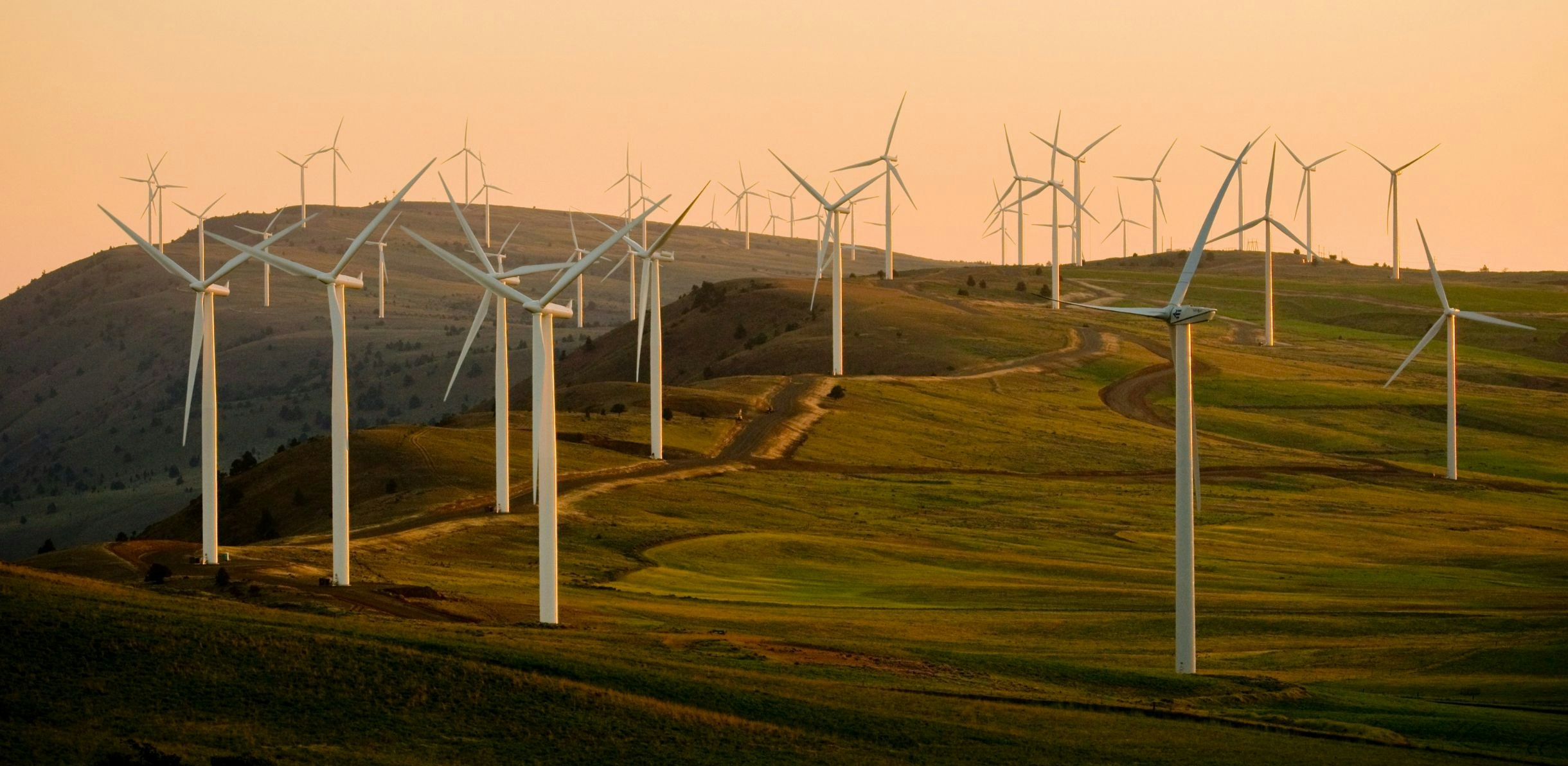The Victorian Government's recent legislation requiring homes to switch from gas to electric power is a significant step in the journey toward sustainability and environmental preservation. This policy shows a commitment to reducing carbon emissions and aligns with global efforts to combat climate change by embracing cleaner, greener energy sources. As Victoria aims for an all-electric future, homeowners are now faced with both the challenge and opportunity to transition their households accordingly.
Industry NewsElectrifying Victoria
Next ArticleElectrifying Victoria

Renewable Living Redefined
25 March 2024
Electricity, generated from renewable resources like solar, wind, and hydro, enhances home efficiency, reduces energy costs, improves indoor air quality, and makes living more affordable and environmentally conscious.
The prohibition of new gas connections is a critical move to curb fossil gas use and emissions while avoiding costly gas infrastructure through the Gas Substitution Roadmap (GSR). The Victorian Government has set ambitious targets to significantly reduce emissions, aiming for a 75-80% reduction by 2035 and reaching net zero by 2045. With approximately 80% of Victorian households currently using gas for essential services like cooking, heating, and hot water, the transition away from gas appliances presents a daunting task but also a crucial step towards sustainability.
Homeowners can navigate this transition through energy audits, upgrading to electric heating and cooling systems, and replacing gas appliances with electric alternatives. Electric heat pumps offer efficient heating and cooling, while kitchens will see the replacement of gas stoves with induction cooktops, providing safer and more precise cooking methods.
Homeowners are also encouraged to integrate solar panels into their homes. Solar power not only cuts electricity costs but also diminishes reliance on the grid, allowing for a more autonomous and environmentally friendly energy solution.
The government is actively working with gas appliance manufacturers and the construction sector to facilitate the transition from gas to electricity as the primary energy source for Victorian households. New homes will be equipped exclusively with electric appliances, adopting electric solutions for heating, cooling, and cooking to pave the way for a greener and more sustainable future.
This new legislation from the Victorian Government encourages homeowners to contribute to a sustainable future. Although the transition requires an initial investment and a willingness to adapt to new technologies, the long-term benefits of lower energy costs, enhanced home efficiency, and a reduced carbon footprint offer substantial rewards. By adopting electric solutions and renewable energy, Victorian homeowners can contribute to a greener planet, ensuring a liveable, sustainable world for future generations.



